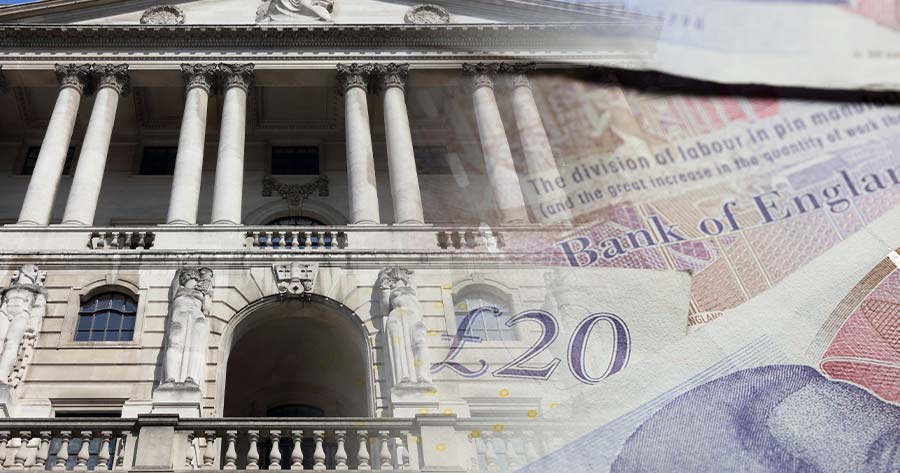According to the survey, British employers expect to raise wages for employees by the most in 11 years. However, a 5% increase would still fall short of expected inflation.
The Bank of England (BoE) is concerned that rising inflation could be hard to tame if pay deals keep increasing. The Chartered Institute of Personnel Development (CIPD) said that 55% of recruiters would lift the base or variable pay while they tried to retain workers in the tight labor market.
The median annual pay expected in 2023 increased to 5%, the highest since CIPD records started in 2012 and 4% in the last three months.
“Skills and labour remain scarce in the face of a labour market which continues to be surprisingly buoyant given the economic backdrop of rising inflation and the associated cost-of-living crisis,” Jon Boys, senior labour market economist at the CIPD, said.
There was a gap between public and private employers’ wage expectations. The planned pay settlements in the public sector shrank to 2% from 3% in the last quarter, while in the private sector they were at 5%, the CIPD said.
The result pointed to the squeeze on living standards, as main workforces included nurses, teachers, and public transport workers had gone on strike over pay and their work conditions.
Andrew Bailey, the governor of the Bank of England, is still concerned about wage inflation, despite the fact that it has slowed down.
The annual inflation rate dropped to 10.5% in December after reaching a 41-year high of 11.1% in October. Despite the fact that the Bank of England has raised interest rates to their highest level since 2008, Bailey indicates that inflation remains a concern.
The quarterly survey showed that the recruiters wanted to employ more workers to bring them back into the workforce, including older workers and workers with health conditions.



